Prime Minister backs Commonwealth trade
/It looks like David Cameron may have been listening to us as he has used an article in today's Daily Mail to explicitly call for more trade with the Commonwealth.
In the piece he writes:
"With some of our neighbours’ economies stagnating and markets further afield roaring ahead, we need to change our approach. We need to go to the ends of the earth to sell our wares – to recapture the outward-looking, enterprising spirit that made us great.
I want us to be nothing less than the modern world’s most open, trade-minded nation. To do that, we must tap into markets outside Europe; to look to the Commonwealth and beyond. There’s plenty of potential."
Needless to say, we couldn't agree more!
As our Director argued on the CWF blog yesterday, the Commonwealth is ideally suited to be Britain's gateway to the World.
However the Prime Minister's words do need to be backed up with action.
For example, the recent completion of the EU-Singapore Free Trade Agreement (EUSFTA) is welcome but the process has been consistently delayed and implementation is now unlikely until 2016. This is simply not good enough as the below chart shows.
As we argued in our award winning Brexit prize entry, EU trade deals are taking far too long and either speeding them up or repatriating the ability for Britain to sign our own deals needs to be a top priority.
We welcome the Prime Minister arguing for greater Commonwealth trade but he needs to convince Brussels to do the same.











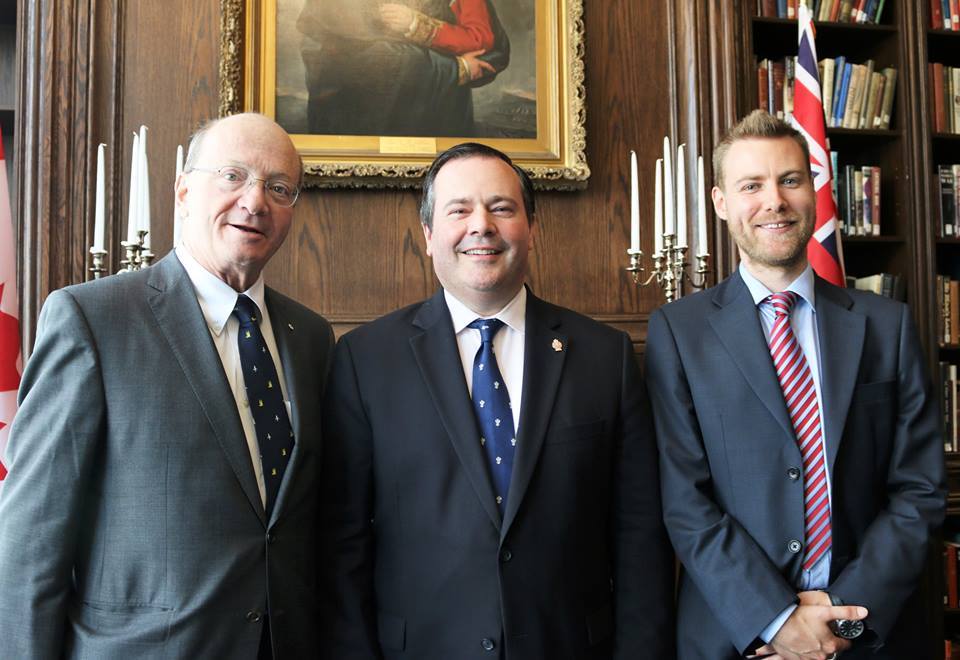
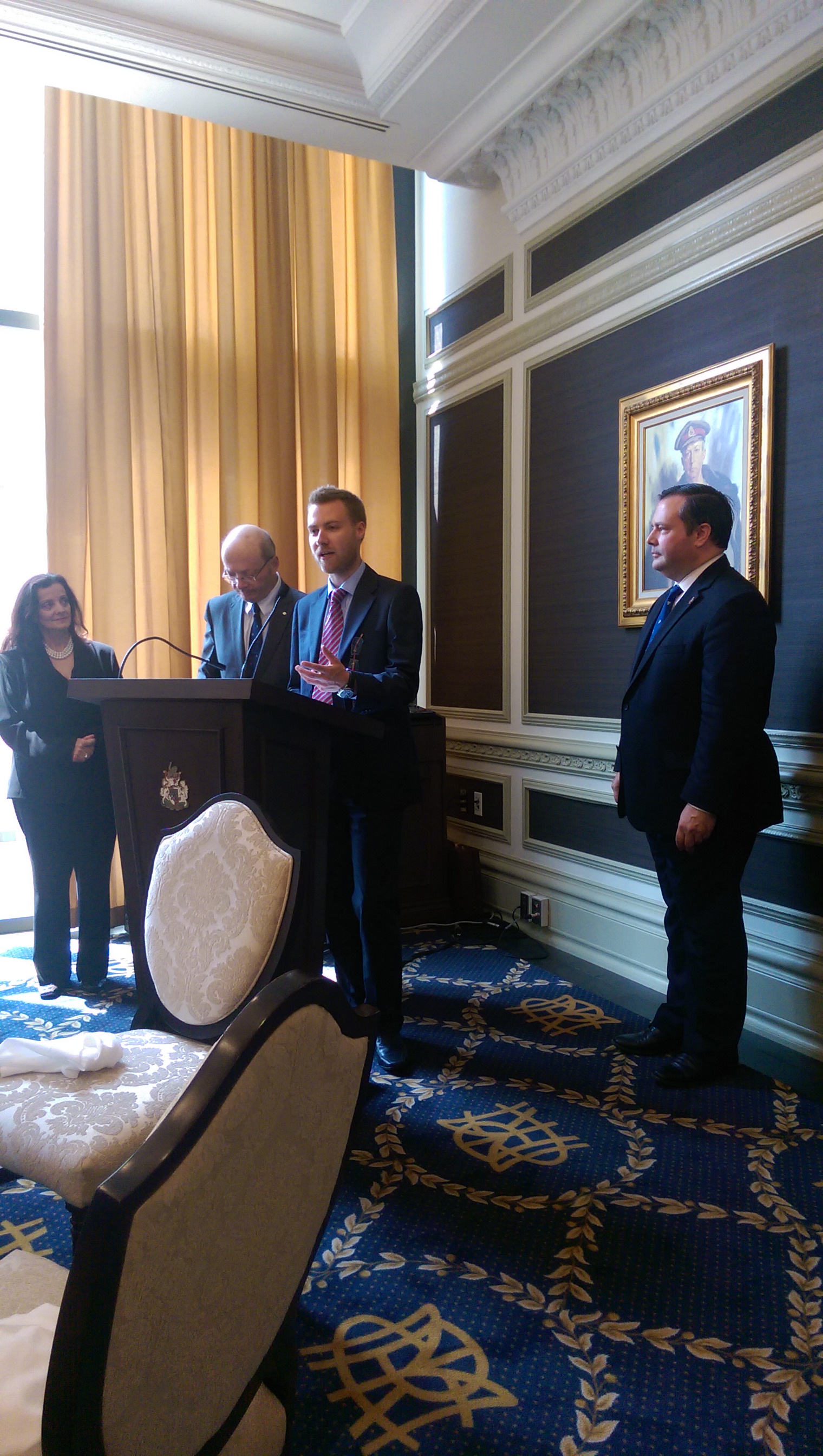
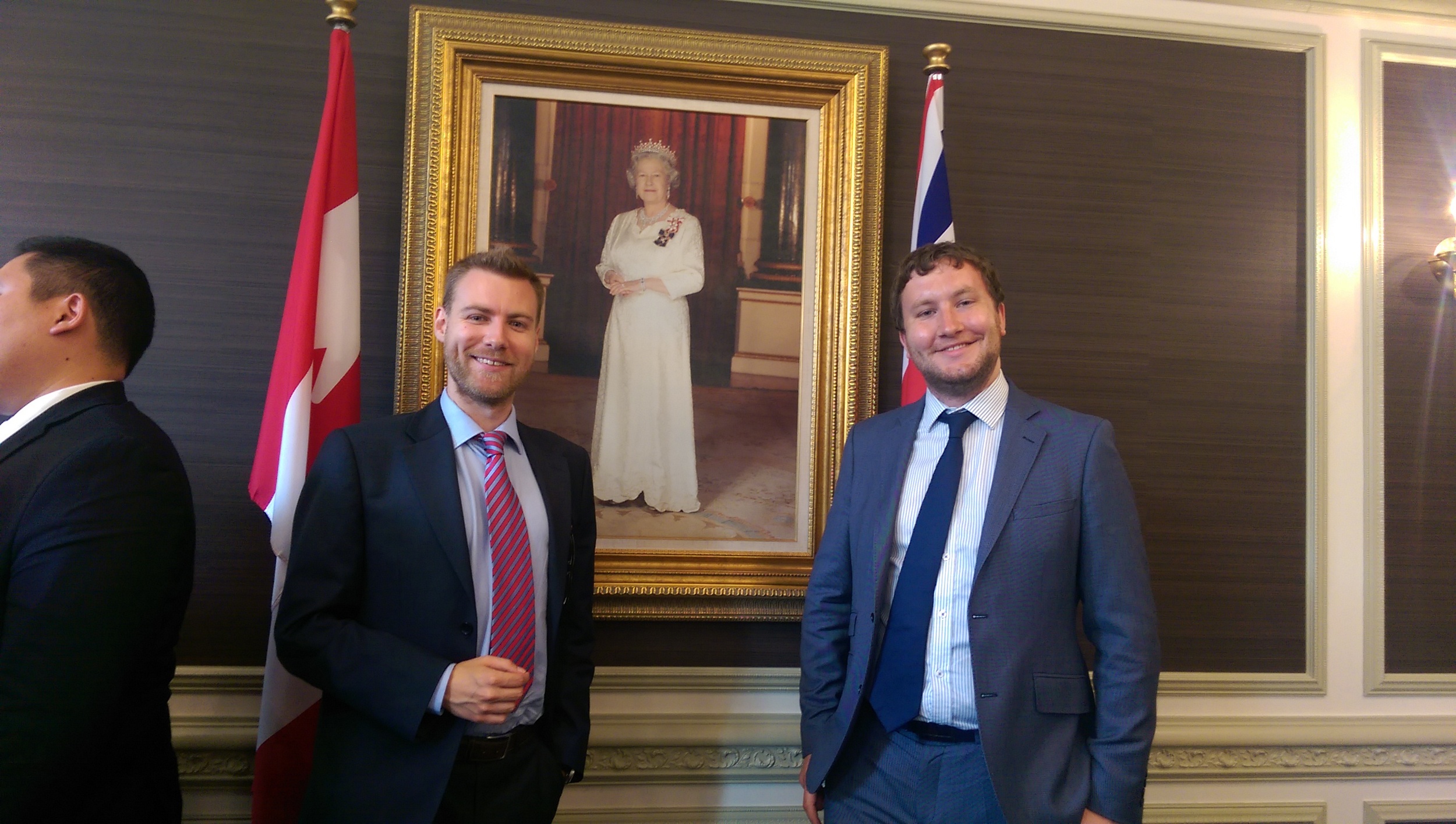
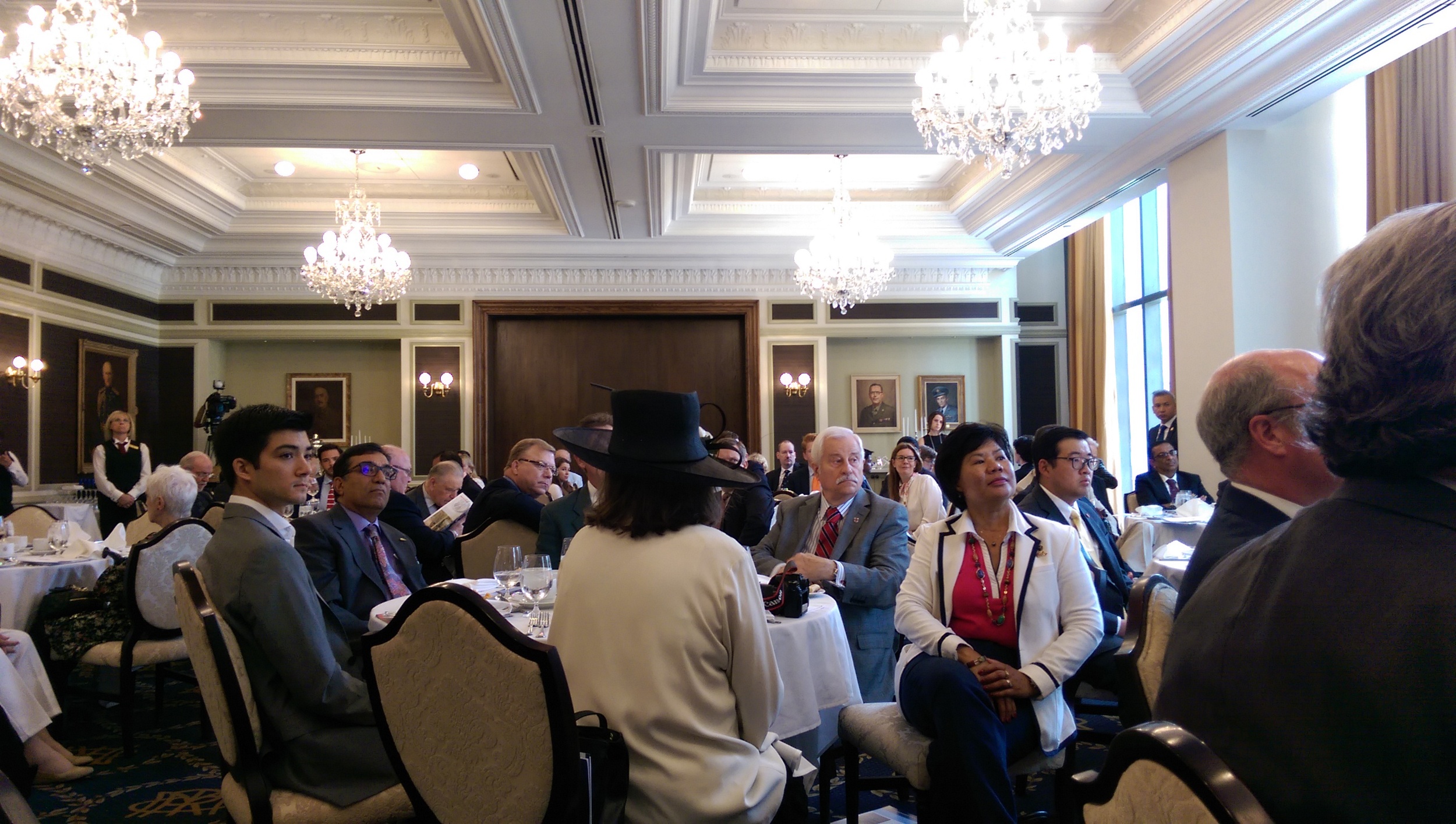
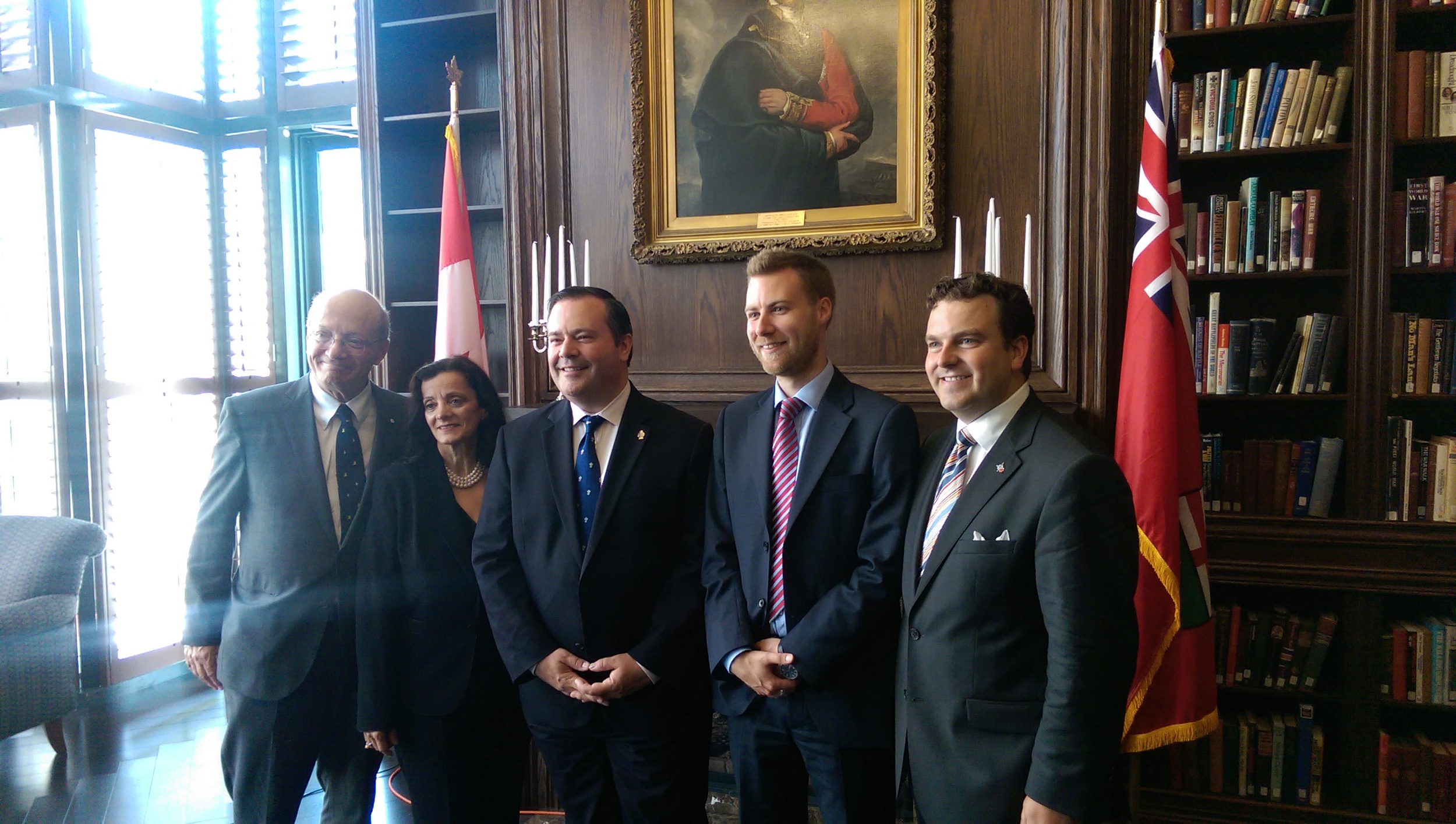

![IMAG1017_BURST008[1].jpg](https://images.squarespace-cdn.com/content/v1/5305fde9e4b09fae2c90af6b/1436972212259-HTXB92CPNIB2MS31XU18/IMAG1017_BURST008%5B1%5D.jpg)
![IMAG1022[1].jpg](https://images.squarespace-cdn.com/content/v1/5305fde9e4b09fae2c90af6b/1436972393300-E6WPKA2DEAW1X1374OSN/IMAG1022%5B1%5D.jpg)
![IMAG1034[1].jpg](https://images.squarespace-cdn.com/content/v1/5305fde9e4b09fae2c90af6b/1436972554297-X2NTGGXRH9V8H47SWL1B/IMAG1034%5B1%5D.jpg)
![IMAG1044_BURST001[1].jpg](https://images.squarespace-cdn.com/content/v1/5305fde9e4b09fae2c90af6b/1436972623798-BNMZ81NM3BBVNKHIV3MB/IMAG1044_BURST001%5B1%5D.jpg)

